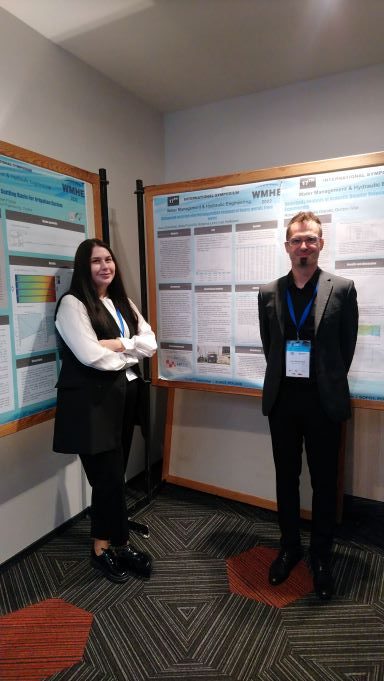The influence of the electrode material and the initial concentration of heavy metals on the efficiency of their removal from water by the electrocoagulation process is investigated. The experiments were carried out in a batch reactor with aluminium, iron, copper and graphite electrodes at three different contaminant concentrations. For the conditions that yielded the highest efficiency, a set of experiments was conducted with perforated electrodes. The process was more successful at lower concentrations, and the material of the electrodes had the greatest influence.
